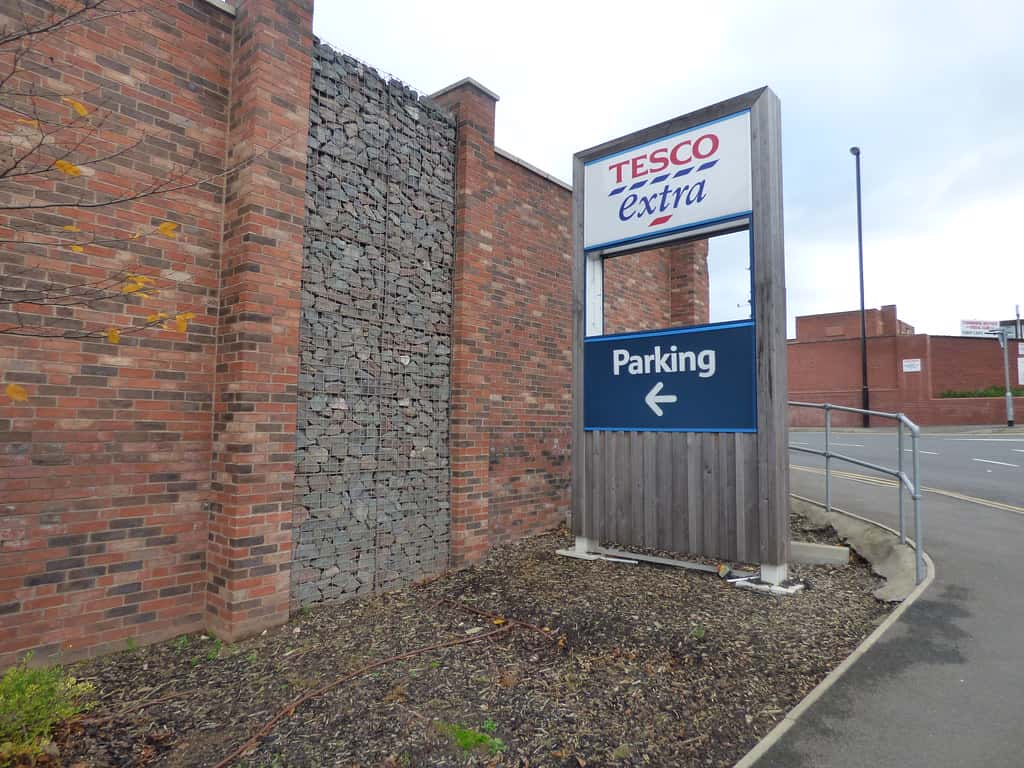Dealing with Private Parking Charges

At the time of writing, The British Parking Association (BPA) have 109 parking companies registered known as "BPA Approved Operators", and the International Parking Community (IPC) have 99 parking companies registered known as "IPC Accredited Operator Scheme Members"
The BPA & IPC are only Trade Associations but not being a member of either limit's the parking company's ability to be professionally recognised and collect charges. In this document we use the term "Operator" which means the parking company.
If you get a notice from an Operator to say that a parking contract has been breached and now some money is owed, it can be broken down into 8 stages:
- Your vehicle drives onto the car park.
- The operator believes that the driver has breached the terms on the signs that are supposed to be in the car park.
- If they have a parking warden in the car park checking cars, the warden will stick a "Notice to Driver" on the windscreen.
- If they do not have a warden in the car park or the driver does not reply to the windscreen notice within the set time period, the Operator will post a "Notice to Keeper" to the registered keepers address.
- Your ability to challenge the operator.
- The operator will either accept or reject your challenge, if you made one.
- The the challenge fails or you didn't make one, the operator will employ debt collectors.
- The operator may starting court proceedings.
Rules, Legislation, Law and Regulations
Trade Body Rules:
BPA Approved Operator Code of Practice
IPC Code of Practice
Legislation:
The Consumer Contracts (Information, Cancellation and Additional Charges) Regulations 2013
Consumer Rights Act 2015
The Private Parking Code of Practice (not active yet but being looked at by Parliament)
Protection of Freedoms Act 2012, Chapter 2 & Schedule 4.
Stages
1. Vehicle entering land and the driver agreeing to terms on the signs.
a. The vehicle drives onto the land which the operator claims to manage.
Public place
Most car parks will be classified as a public place even if they are private:
- The Road Traffic Act 1988, Section 192 (1): classifies a public place as any road or area where the public has access, such as supermarket car parks.
- Regina v Waters: [1963]: There must be a barrier preventing public access to make it private. Even if there is a barrier but it's open, then it's public until the barrier is closed.
Contract
You can only enter into a contract if you know there is a contract in place, know what the terms are, and have time to read/comprehend them. Because of this the operators should have signs dotted around the car park which the driver can see from the space where they decide to park. There is also separate rules for the entrance sign which informs the driver they are entering an area where parking management is being performed.
Notice that it's the Driver which agrees to the terms of the contract, not the registered keeper or the owner.
The terms of this contract must stick to consumer rights laws and should be in alignment with the rules of the parking trade association they are a member of.
BPA Approved Operator Code of Practice
IPC Code of Practice
If a contract has unfair terms then it becomes non-binding for the consumer and the terms must not be confusing under the Consumer Rights Act 2015. If it so happens that there are different terms on some signs and this is confusing, the most favourable terms for the consumer will prevail.
Section 62:
(1) An unfair term of a consumer contract is not binding on the consumer.
(4) A term is unfair if, contrary to the requirement of good faith, it causes a significant imbalance in the parties' rights and obligations under the contract to the detriment of the consumer.
(5) Whether a term is fair is to be determined—
(a)taking into account the nature of the subject matter of the contract, and
(b)by reference to all the circumstances existing when the term was agreed and to all of the other terms of the contract or of any other contract on which it depends.
(1) If a term in a consumer contract, or a consumer notice, could have different meanings, the meaning that is most favourable to the consumer is to prevail.
Parking Eye Ltd vs Nicholas Bowen QC [2017]:
Nicholas claims he did not see the two-hour limit notices. When he subsequently discovered signs referencing 24/7 charging, this information: “was in microscopic print in a different part of the car park requiring 20/20 vision or a magnifying glass.”
b. The driver either parks or does not park.
The action of parking has a very specific legal meaning:
Court case: Ashby v Tolhurst [1937] 2 K.B 242, court of appeal. In the judgement Lord Greene stated:
You take a car park ticket in order to obtain permission to park your car at a particular place, and parking your car means, I should have thought, leaving your car in the place. If you park your car in the street you are liable to get into trouble with the police. On the other hand, you are entitled to park your car in places indicated by the police or the appropriate authorities for the purpose. Parking a car is leaving a car and, I should have thought, nothing else.
Getting out of the car to read the terms on the sign is complete acceptable though, because you need to be able to fully read them to decide if you accept them. On top of this not everyone reads at the same speed, and your could be slow.
Lets say you had a scenario where a carpark does not give you a grace period to leaver
Either you will park in an allocated bay or area, or you will stay with your car.
- The the vehicle leaves.
In court case Vine v London Borough of Waltham Forest 2000, ruled on in the court of appeal, Ms. Vine parked her car on private property without realizing it was private and her car was subsequently clamped.
